If you’re looking for an easy and affordable way to increase humidity levels in your home, you may be wondering if you can use a diffuser as a humidifier for plants. In this article, we will answer this question and explore some of the benefits and drawbacks of using a diffuser for plants.
Can You Use a Diffuser as a Humidifier for Plants?
Yes, you can use a diffuser as a humidifier for plants. Humidifiers and diffusers do the same thing: they add moisture to the air.
The main difference is that humidifiers use a wick or filter to absorb water and then release it into the air, while diffusers use ultrasonic vibrations to create a fine mist of water that is released into the air.
There are some benefits and drawbacks of using a diffuser for plants, which we will explore below.
Benefits of Using a Diffuser as a Humidifier for Plants
There are several benefits of using a diffuser as a humidifier for plants.
1. Stops small plants from drying out
One benefit is that it can help prevent your plants from drying out. If you live in a dry climate or if your home is particularly dry, using a diffuser can help increase the humidity levels around your plants and prevent them from becoming dried out.
2. Increased growth
Another benefit of using a diffuser as a humidifier for plants is that it can help promote growth. Plants need a certain amount of humidity to grow properly, and using a diffuser can help provide the right amount of moisture for them.
3. Economical
If you already own a diffuser, there’s no need to purchase a separate humidifier. Using a diffuser as a humidifier for plants can be a more economical option for those on a budget.
Drawbacks of Using a Diffuser as a Humidifier for Plants
There are also some drawbacks of using a diffuser as a humidifier for plants.
1. Can be too small
One drawback is that diffusers are small and only work well in small spaces. If you have a large home or a lot of plants, you may need to purchase multiple diffusers or look for another option.
Humidifiers are better for adding moisture to the whole room, not just one small space where the device is. This means that, for large rooms or homes, a diffuser may not be the best option as it will not be able to humidify the entire space.
2. Too much moisture
It can encourage mold and mildew growth. If you use a diffuser in an area that is already damp or humid, it can create the perfect environment for mold and mildew to grow. Additionally, if you have plants that are susceptible to mold or mildew, using a diffuser may cause them to become infected.
3. Essential oils can be harmful
If you’re using essential oils in your diffuser, be aware that some of them can be harmful to plants. Make sure you research the oils you’re using and whether or not they are safe for plants before adding them to your diffuser.
Is a Humidifier or Diffuser Better for Plants?
While both play a similar role in adding moisture to your home, a humidifier is generally better for plants than a diffuser. Humidifiers come in all shapes and sizes, so you can find one that is the perfect size for your home and your plants.
I like using this humidifier (Amazon link) in my bedroom. LEVOIT is one of the most respected brands in the niche and it comes with a range of super-cool features, like auto
Additionally, humidifiers do not release essential oils into the air, so they will not increase the risk of leaf diseases or mold and mildew growth. If you are looking for an easy and affordable way to increase the humidity in your home, a humidifier is generally the better option.
However, if you only have a small space or a few plants, a diffuser may be the better option for you. It’s great if you are on a budget and don’t want to purchase any additional equipment.
Can You Diffuse Essential Oils Near Plants?
Yes, you can, but it depends on the oil. Some essential oils, such as eucalyptus and peppermint, can be harmful to plants. If you diffuse these oils near your plants, they may experience leaf burn or other damage.
Other essential oils, such as neem oil, are safe to use around plants. In fact, neem oil is known to be a natural insecticide and can help keep your plants healthy. Cinnamon oil is an anti-fungal oil that can also be used in a diffuser and near your plants.
When diffusing essential oils near plants, it is important to start with a small amount and increase it gradually. You should also diffuser the oils in a well-ventilated area so that the plants do not become overwhelmed by the scent.
If you are unsure whether an essential oil is safe to use around plants, it is best to err on the side of caution and avoid diffusing it near them.
How Much Humidity is Enough?
The amount of humidity that is ideal for plants varies depending on the plant. Some plants, such as ferns, prefer high humidity levels and will do best in an environment that is between 60-80% humidity.
Other plants, such as succulents, prefer lower humidity levels and will do best in an environment that is between 30-50% humidity.
You can use a hygrometer (Amazon link) to measure the humidity levels in your home. This will help you determine whether you need to increase the humidity or not.
Conclusion
In conclusion, you can use a diffuser as a humidifier for plants, but there are some drawbacks. If you have a small space or only a few plants, a diffuser may be the better option for you.
If you have a large space or many plants, a humidifier is generally the better option. Just be sure to avoid using essential oils that are harmful to plants. And, always start with a small amount of oil and increase it gradually.
Do you have any tips for increasing humidity in your home? Share them in the comments below. Thanks for reading!
Tim is an avid gardener from the UK. He was the founder of PlantCarer.com from 2021 to Sep 2023. He sold PlantCarer.com to Aaron. He has since started his own business called Seed To Supper, which provides new gardeners all the materials you need in a box (pots, seeds, compost and instructions) to grow your own delicious and nutritious vegetables and herbs from start to finish – no garden required.



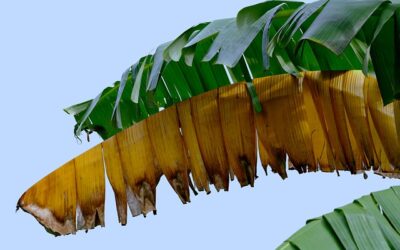

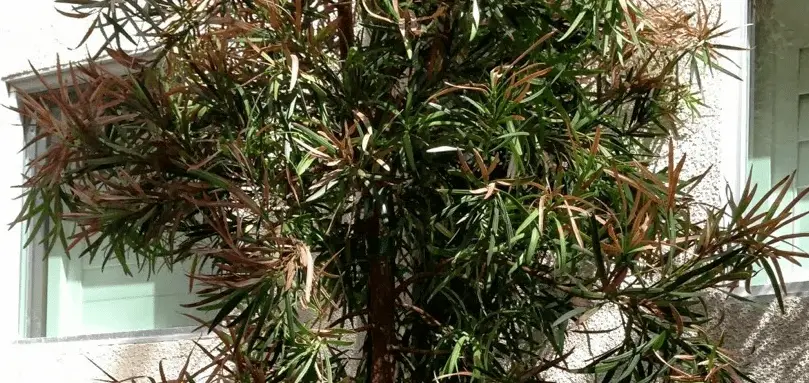
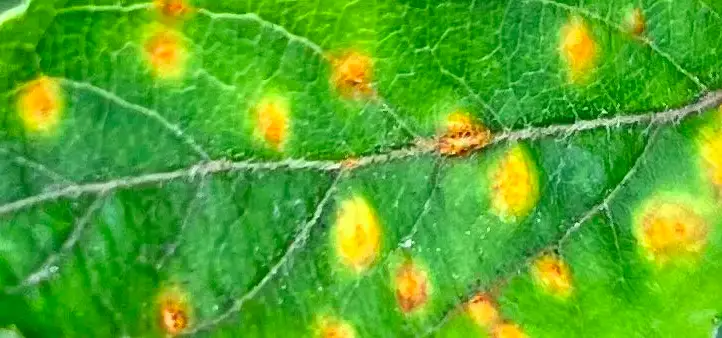
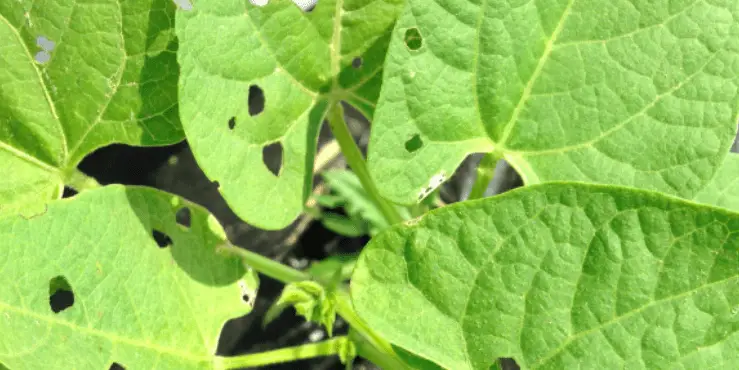
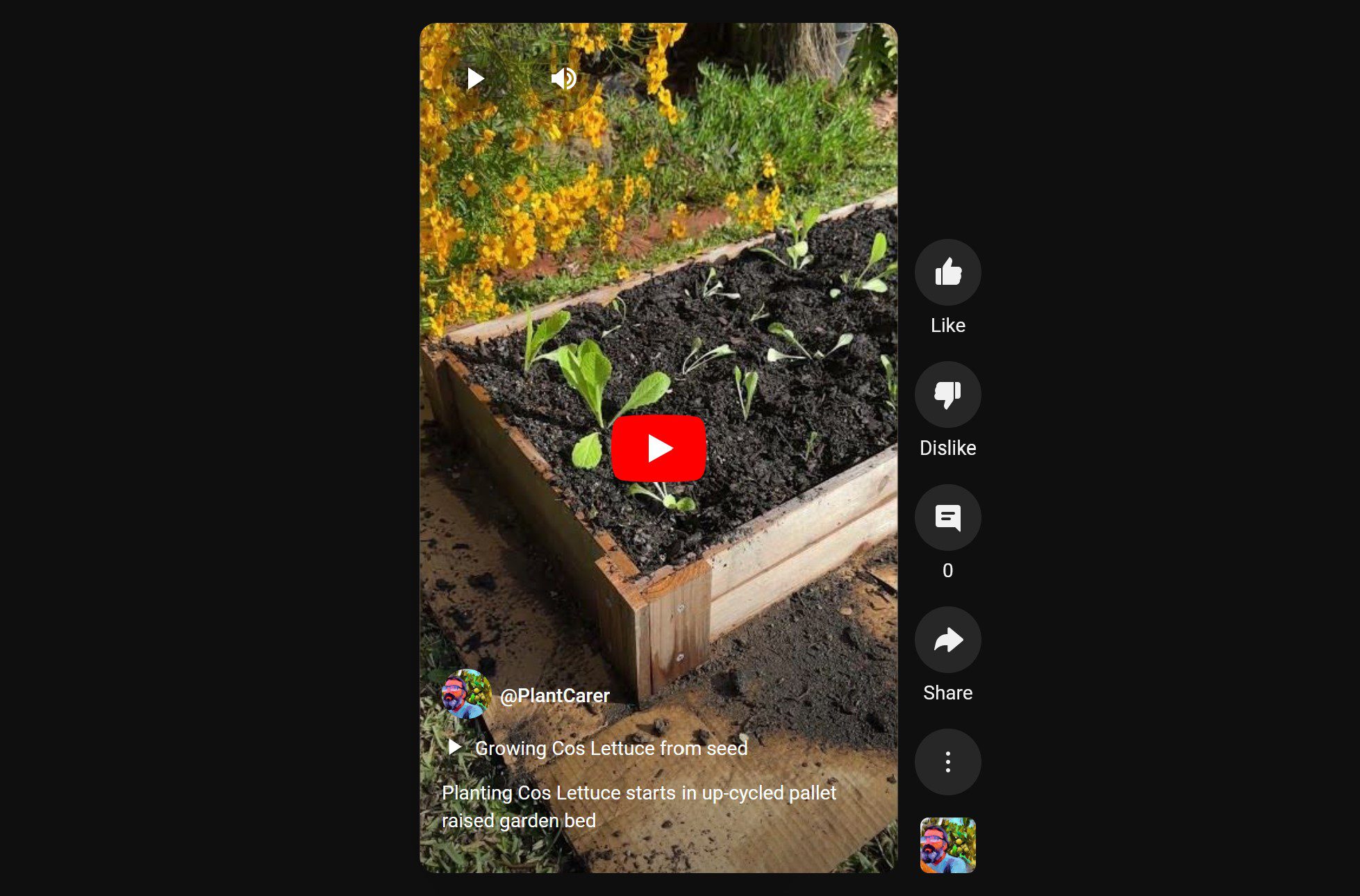
0 Comments